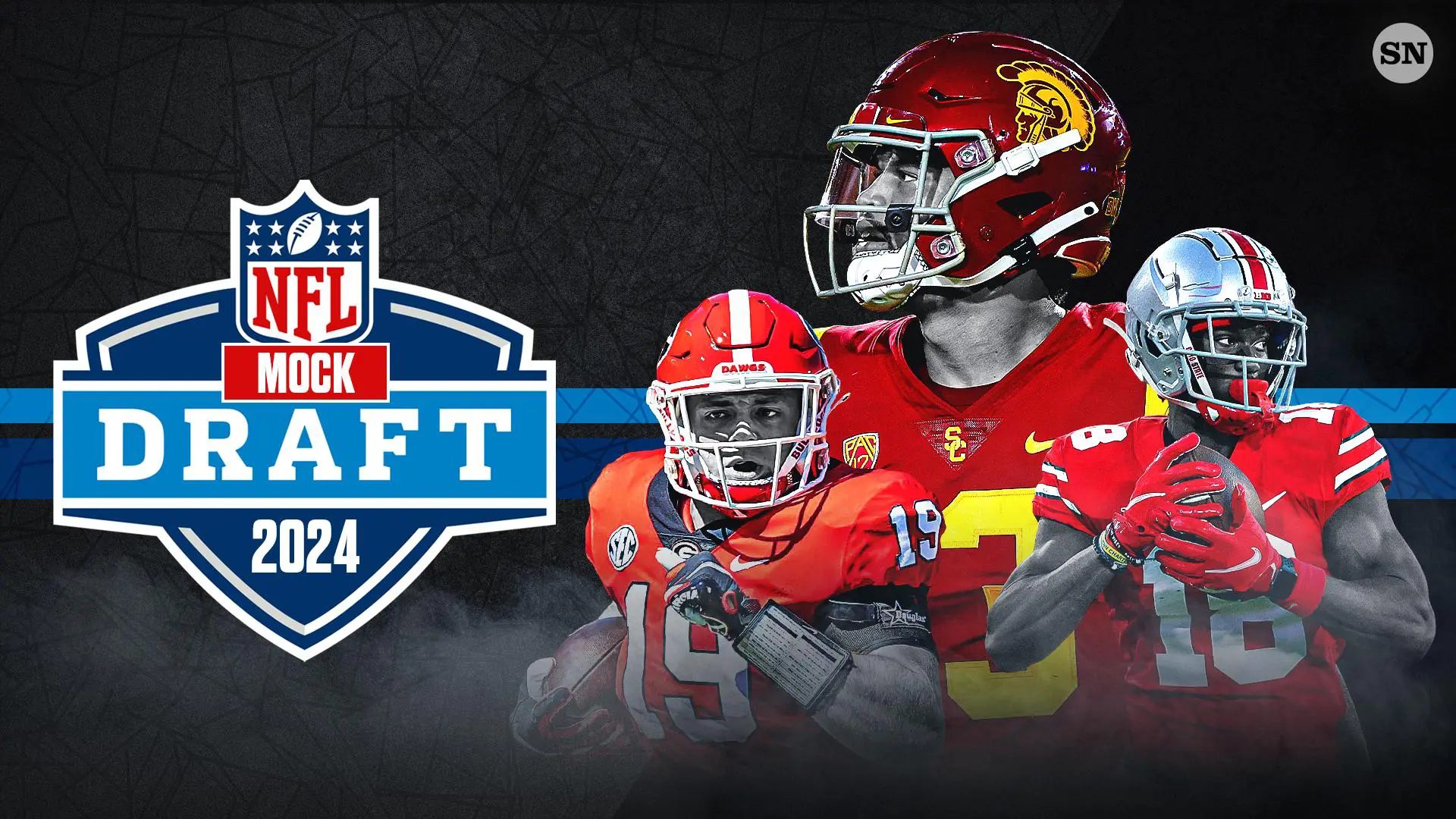Why Insurance Account Managers Fail
Last week I published a blog titled, “Why Insurance Producers Fail.” My readership response was off the charts. The most popular blog post. Ever.

This week, I will explore why most insurance account managers fail. After all, a producer’s success is inextricably linked with their account managers and vice versa, right?
I not only had my data guy go back and pull together all our interview notes and client feedback from the past five years, but I actually called 25 insurance account managers on both the P&C and employee benefits side of the house as a final check. It closely tracked what our data indicated.
Here are the top five reasons why insurance account managers fail:
Failure to manage client expectations: By nature, account managers tend to be easy-going and non-confrontational. Maybe too much so. Many clients tend to be very pushy and want issues taken care of immediately. If expectations are not set up front in terms of response time, clients will not hesitate to complain to your manager. Not a good scene.
Corrective Action: Develop in-house standards on turnaround time on client communications. Are inquiries addressed after normal business hours? On weekends? How are emergency claims issues handled? Make sure your standard timelines are clearly communicated and agreed upon by your clients up front, otherwise, problems are going to arise.
Ineffectual Account Planning: Insurance agencies are not only chronically understaffed, but some also have ineffective planning systems in place for renewals. Renewals require focus and you don’t want to be rushed.
A lack of a planning process and time will create undue stress and result in mistakes sometimes causing the agency to lose the client. Working under the gun on multiple renewals all happening on the same date is a recipe for frustration and client mistakes.
Corrective Action: Use your agency management system (or even a spreadsheet) to create a schedule of renewals on a calendar system. Plan to review your client accounts at least 90 days in advance. Look for additional or increased exposures and coverage gaps. This will lead to less stress, happier clients, and more revenue to your firm.
Overworked & Underpaid: This is probably the #1 cause of dissatisfaction amongst the account managers we talk with. If you find yourself continually being asked to work late and on weekends without being financially rewarded, you will ultimately burn out, or, at least, your attitude and effort will decline leading to termination. Being overworked and underpaid is simply not sustainable.
Corrective Action: They say in Las Vegas that. “Scared money always loses.” Don’t be scared to raise your hand. If you feel you are being pressured into working longer and harder without the commensurate recognition or rewards, you should immediately meet with your supervisor and communicate this.
Supervisors can’t read minds and they may not realize how long you are working, particularly, if you are working in a remote or even hybrid work environment.
In most cases, if you are doing a good job and this is brought to the attention of the proper authority, corrective action will be taken. If the firm is simply understaffed without any relief in sight, then find another position. There are plenty of insurance agencies seeking account managers. Own what you do.
Lack of Product Knowledge: The lack of product knowledge in either P&C or Employee Benefits has led to the demise of many an account manager over the years. Product coverages and client exposures are continually changing and if you are not keeping up with the latest industry trends and products you are going to be caught with your pants down at some point!
Corrective Action: If your broker/agency does not provide you with the necessary product updates and continuing education, then I would suggest you obtain the professional certification or designation that most closely relates to your daily work flow. Moreover, develop relationships with your co-workers, particularly, someone who has more experience and knowledge that can become an informal coach or mentor. Co-workers, in most cases, are more than willing to share their wisdom with others.
Expectations Gap: Many account managers tell me they are working in the dark not really knowing what is expected from them. How many renewals am I expected to work on at any given time? What is the standard protocol for getting claims resolved on a timely basis? Who do I ask for assistance? Is there a standard checklist to be following when working on applications, COIs, endorsements?
If you don’t know what the expectation is for the function you are performing, you will not be successful. There will be no target to shoot for. Having a target to perform against can be very motivating. It’s why we keep score in sports!
Corrective Action: Make sure when you are hired or during your next performance review that all of the expectations for your specific position are in written form. If your performance bonus is tied to these metrics, that is even better.
Insufficient Communication: When I was early in my career, my big problem was that I mastered the art of how to communicate and network with my managers. I quietly went about my business doing my work in my cubicle. I assumed that if my supervisors needed something, they would let me know. That was a big mistake. I ultimately left this position because I saw others less capable getting promoted and assigned the high-profile projects. They were the communicators.
Corrective Action: Make the effort to communicate with your supervisor. Walk into their office at the end of the day to not only say, “Hello”, but to offer a suggestion on something. Ask them out to lunch to discuss a new initiative or similar. Show your boss you are engaged. That you care. Chances are you will be the only staff member doing this. You may be surprised at how many new and interesting projects you may get to work on!



